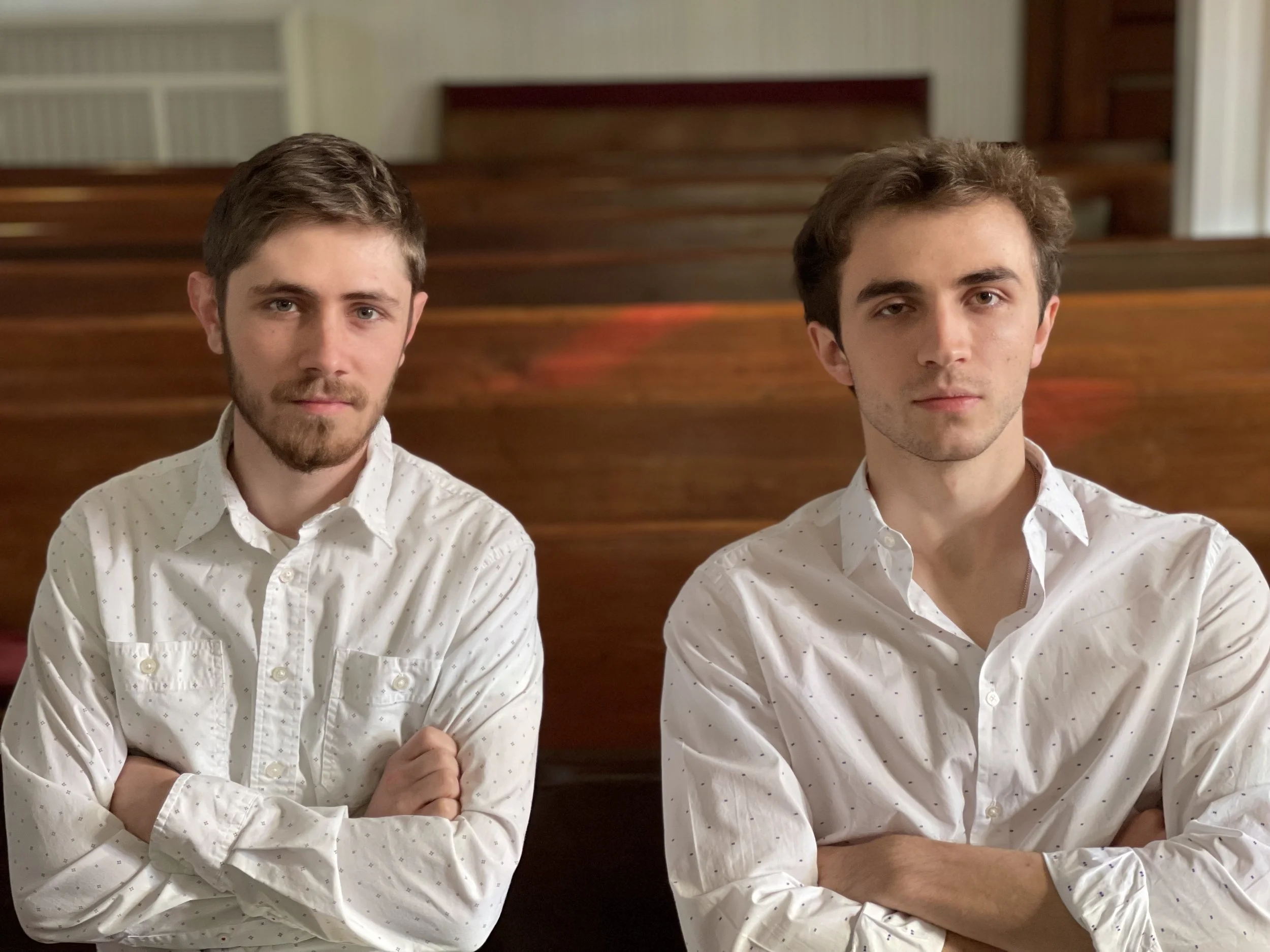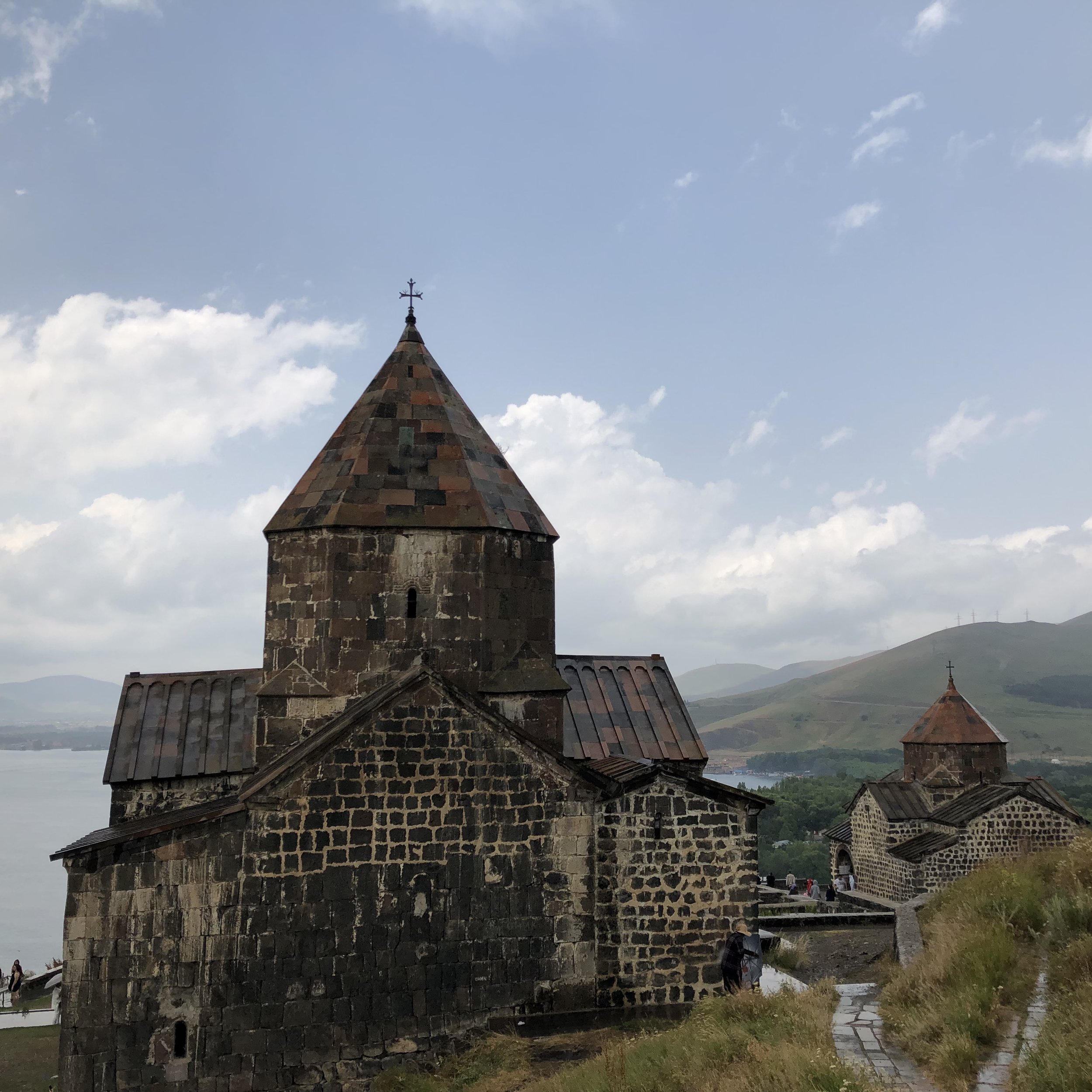New Recordings!
I made some new recordings to do promotion and booking. One is free improv, two are jazz standards, and two are original compositions.
I made some new recordings to do promotion and booking. One is free improv, two are jazz standards, and two are original compositions.
I was lucky enough to turn these two pieces into music videos during my time working with PBS. The video for “Pastoral” won an Emmy. I haven’t written either of these pieces down yet, but I will get to that soon.
Over the course of the last year, I started playing with the band American Pirates in Indiana. We started a tradition in which I do a solo hymn every show, but in a “spiced” up rendition. I always enjoyed playing in church, taking those familiar tunes and doing something new with them. Enjoy!

Casey Lewis and I have been playing for years, but have just got around to post more of our music all in one place, on a new Facebook page. Follow us and like to stay up to date!
I just finished my degree in collaborative piano and Indiana University and wanted to share some recordings from my final recital. I had excellent collaborators and an interesting program. Enjoy!
I don’t have many recordings of jazz standards on here so I wanted to put a bit of Charlie Parker’s Anthropology that I did with my buddy Willis Greenstreet on sax a couple years ago.

I hadn’t made a studio album in about 10 years. It was time.
I met Lev Roshal when I started at Indiana University, where he is currently pursuing two doctorates, in music theory and in violin performance. He’s an enormously talented musician, and last semester I was honored to play on his recital, where we performed a violin sonata by a now-forgotten composer, Sergei Bortkiewicz. Lev has a knack for finding these little-known gems. We started checking out his other work, and quickly came up with the idea to record all of his violin and piano music. The first half of the album is the Violin Sonata in G Minor, and the second is comprised of the set Four Pieces, Op. 63 and the Berceuse, Op.15 no.4, which was originally a piano etude (he later arranged this version with violin). It was recorded at Skillman Music in NYC.
Bortkiewicz was born in 1877 in the Kharkiv (modern-day Ukraine), but like many other artists, he fled to Western Europe when the Bolsheviks took power. His musical style is in the late Romantic tradition, at times reminiscent of Rachmaninoff. His recent resurgence on programs and recordings is partly due to his Ukrainian nationality. This is complicated however, by his Polish heritage, the messy history of borders and nation-states in Eastern Europe (when he was born it was all the Russian Empire), and his own writings, in which he completely rescinded his own supposed Ukrainian identity and Ukrainian sovereignty at large.* He was a Russian to himself and to his contemporaries, which was used against him in the 30s in Austria and other German-speaking countries where he lived and worked, practically destroying his career. I don’t want to dwell on this any further, but suffice it to say that we didn’t record this album because Bortkiewicz is Ukrainian, but rather because we fell in love with his music. This music transcends cultural boundaries in a way that nothing else can, and I feel it is sorely needed right now. Below is a link to the album on all platforms and a link to a great article should you wish to know more about the composer. Enjoy!
*His views may be seen as rather abhorrent (especially in light of current events), but I’m just making them known.
I have worked on these pieces for years. These are my most complete and finalized compositions. As the title suggests, they present some rhythmic challenges for the pianist, including polyrhythms and metric modulations.
When I first moved to NYC in 2017, I reconnected with my Armenian roots (my grandfather was Armenian) through the Armenian General Benevolent Union (AGBU). They introduced me to the Armenian community and I quickly began to learn about the music and culture, eventually traveling to Armenia to study in AGBU’s summer program. The organization has a yearly concert at Carnegie Hall, and I wrote a piece for the 2017 edition. My piece was initially for solo piano, but I have since reworked it for piano and clarinet. It uses a melody known as “Shalakho” (traditional dance) and “Soorp, Soorp” (Christian hymn), as well as my own melodies. I recorded this with an incredibly gifted clarinetist, Emmalie Tello.

These two pieces were both initially for films, but they stand alone. “Tea Later?” was written during my undergrad for my own short film (which you can see in the film section). It was recorded by a small chamber string orchestra, but probably could’ve been done with one person on each instrument, no doubling.
The “Little Daydreamer” is music for string quartet that I wrote for an animated film by my close friend Jenny Li. Scores and recordings found below. Contact me for parts!
I have played jazz my whole life, so I wanted to put at least one video of me playing a jazz standard on here. This is one of my favorites.
Classical piano is still my bread and butter. Here’s a performance from a chamber recital last year at Indiana University.
During the pandemic, Casey and I found ourselves both back home in Bland County. We had heard of each other, but never had made any music together. That’s when our friendship began. We started putting programs together and playing all over the southwest Virginia, doing a mix of country, bluegrass, jazz, gospel, originals, classic rock, and Christmas music. We recorded these three tracks for films (two of them are in “Fleur de Sel” which is on the film page). Two are my originals, and one of course, is a rendition of “Wayfaring Stranger.”

The idea with these solo piano pieces is that there are highly contrasting motives, themes, and sections in the music, but that they are tied together either through reoccurrence of an element, smooth transition, or simultaneous combination of elements.

In 2021, I was commissioned by the World Aral Region Charity along with four other composers to write a suite for flute, clarinet, violin, cello, and piano. The organization cleans up polluted water, and the each movement was to represent a body of water in the composer’s country. The premiere took place in NYC at Opera America and the proceeds went to the WARC’s cleanup efforts in Uzbekistan. The first movement is mine, and I dedicated it to the Hudson River.
The melody that opens the piece is what is known as the “Algonquin Water Song,” which praises and worships the world’s water, the “blood of the earth.” This melody can be heard throughout the suite’s five movements, tying together the bodies of water they depict. The tranquility of the Algonquin melody is disrupted by the arrival of the colonists, represented by restless rhythms and the 'Song of Eventide', which eventually silences the 'Water Song' entirely. 'Song of Eventide' is an anonymous ballad from the Hudson area, presumably written in the early 20th century.
The Hudson River Valley was originally settled by the Dutch and then the Irish, the latter being the likely origin of the melody for this song. Its lyrics describe a man who attempts to drown himself in the river, but is unable to sink, landing every time on a tire or some other piece of trash. A testament to the destruction of the natural habitat at the hands of industrialism, I found the song’s subject very appropriate for my piece. The music grows more dissonant and dense as the movement progresses and eventually collapses, giving way to the cello’s final echos of the 'Water Song,' a desperate plea for the water and the planet. Below is a video of the performance and the score of my movement only. Contact me for parts!
This is the music from my high school days. I keep it here as a record of what I was up to.
I made an album with drummer Wes Bonelli and multi-instrumentalist Willis Greenstreet when I was 13. My friends and family urged me to put it on here. I was just getting into jazz and composition at the time, and wrote all of the tracks on the album (well, “Mary Had a Little Stroke” is an arrangement of sorts). “Tritone Blues” won me an ASCAP Young Jazz Composer Award.
